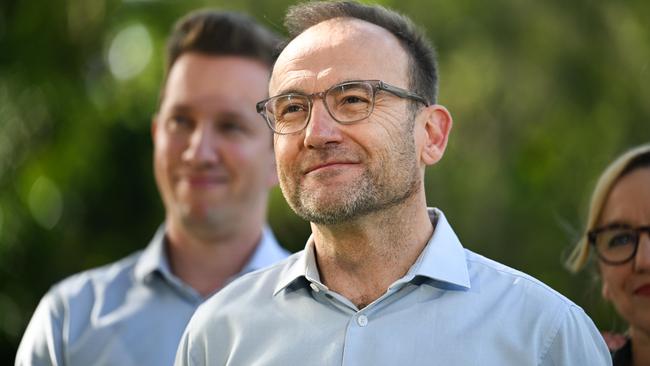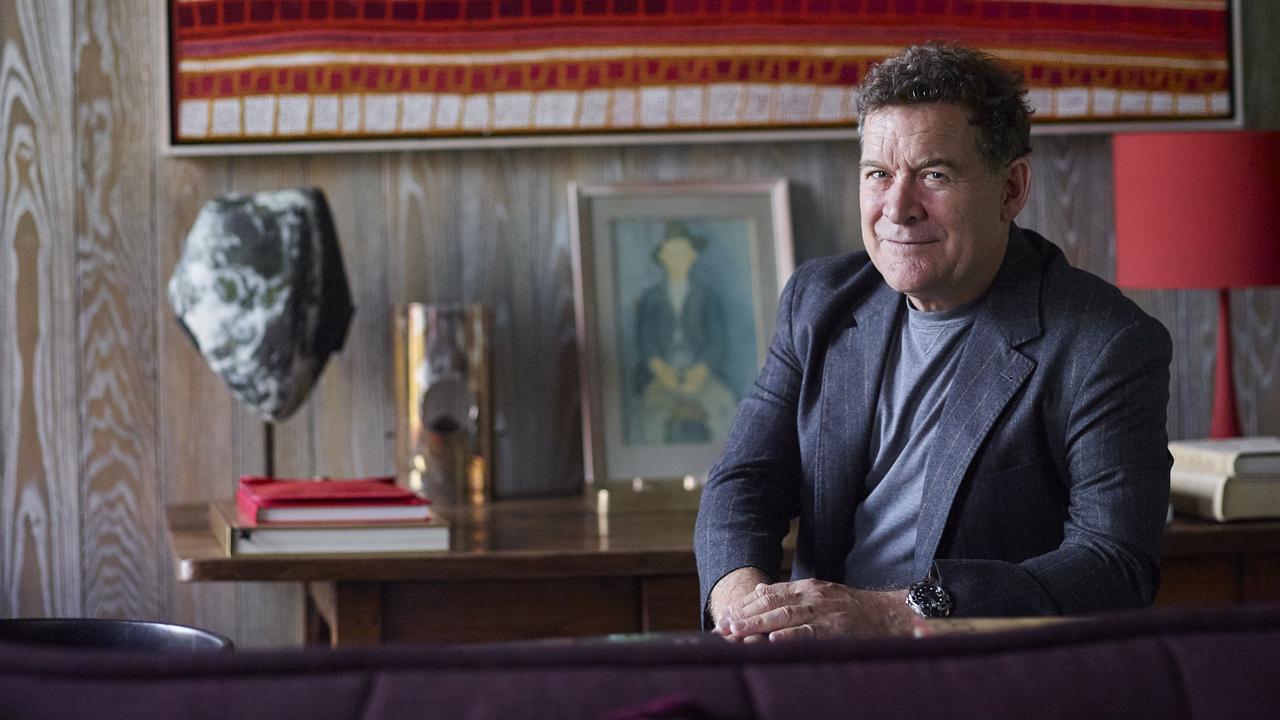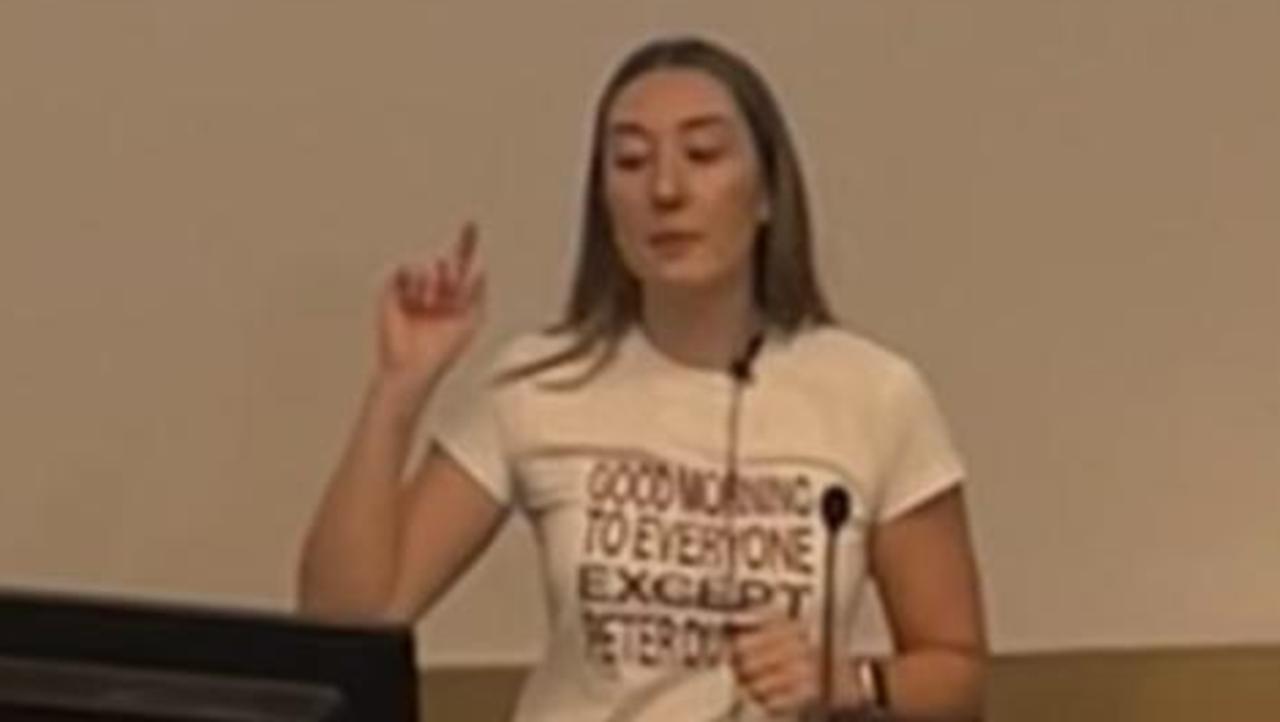
That needs to be carefully considered not just by those who live in rented accommodation and are worried about the Greens’ tax policies, or by those who believe Jews have a right to self-determination in their historic homeland.
It also needs to be considered by a broader cohort: those who support freedom of religion and want to continue to send their children to schools that reflect their religious beliefs.
If current polling is reflected on election day, this country could be at a tipping point. If Bandt emerges as the ultimate power broker in the next parliament, he could require a minority Labor government to head down several paths it might prefer to avoid.
And on religious freedom, big changes could be coming after Labor’s failure last year when it dumped its planned religious discrimination bill.
Doing nothing about religious discrimination meant this country’s human rights infrastructure remained unbalanced. It continues to send the wrong message – that religious freedom is an inferior right only grudgingly tolerated as an exception to other laws.
In the best of all possible worlds, freedom of religion should have the status of a positive legal right protected by federal law and its own bureaucracy, just like the arrangements that seek to prevent discrimination on the basis of race, age, sex and disability.
Labor’s failure on religious discrimination speaks volumes about what the future might hold. The Coalition, in line with prominent religious leaders, declined to back Labor’s bill and the government declined to seek a deal with the Greens.
Details of Labor’s plan were never released for public debate. But it was examined by Catholic archbishops Peter Comensoli and Anthony Fisher, as well as Jacinta Collins from the National Catholic Education Commission.
Their assessment was damning. They wrote last year that if it had gone ahead “there would be a very real and substantial reduction in existing legal and operational freedoms for religious education institutions. In essence, we would go a long way backwards.”
So while Labor’s own plan was a dud, it needs to be kept in mind that withdrawing the bill and doing nothing was infinitely better than doing a deal with the Greens that might have made things worse – inflaming relations with religious leaders who were already disappointed.
The Greens are not well known for their support of religious education. But it’s becoming more likely they might soon be in a position to have their way.
This explains why a coalition of religious leaders wrote to Bandt last weekend asking him to make the same commitment as Anthony Albanese, who promised religious leaders last year that protections for faith groups “will not go backwards while I’m Prime Minister”.
So far, Bandt has not replied to that letter, which was signed by 22 leaders from Christian, Islamic, Jewish and Hindu organisations.
They include Michael Stead, the Anglican Bishop of South Sydney; Imam Shadi Alsuleiman, president of the National Imams Council; Robert Gregory, the chief executive of the Australian Jewish Association; and Surinder Jain of the Hindu Council of Australia.
Their request for reassurance is understandable given the history of the Greens on religious freedom, which is outlined in their letter.
It starts by pointing out that in February 2022 Bandt voted in favour of a move that would have repealed the protection given to faith-based schools by section 38 of the Sex Discrimination Act.
“As part of your policy platform you have similarly committed to the removal of religious exemptions from anti-discrimination laws,” the letter says.
“This would render religious schools unable to preferentially hire teachers and staff that affirm the faith of the school as well as being unable to conduct school activities in accordance with their doctrines, tenets and beliefs free from threat of anti-discrimination claims.
“These commitments are antithetical to the continuing operation and welfare of faith-based institutions, including religious schools.
“You and other members of the crossbench have backed other similar reforms that will have detrimental impacts on the operations of religious institutions and schools.”
All this suggests we could be heading towards a re-run of last year’s divisive fight between supporters of religious education and those who believe freedom of religion has already gone too far.
The coming debate might no longer be about how to improve the protection of religious freedom, but how to wind it back by making another attempt to remove the exemption in section 38 of the Sex Discrimination Act.
This exemption is necessary because of the ad hoc manner in which federal governments have chosen to give legal protection to some but not all fundamental rights – including freedom of religion.
Its removal, unless accompanied by the introduction of a positive legal right to religious freedom, would inevitably be followed by a wave of lawfare aimed at changing the nature of religious schools and rendering them indistinguishable for state schools.
But if the polls are right, that is where we might be heading after the election. And that would present a Labor minority government with a dreadful dilemma.
If it gives ground on section 38 in order to remain in office, it will burn through more electoral capital with the main religions, re-running last year’s failure.
Such a move might also trigger complaints under the International Covenant on Civil and Political Rights, which imposes strict limits on legislative attempts to erode freedom of religion.
Chris Merritt is vice-president of the Rule of Law Institute of Australia







If the polls are right, much of the nation’s future direction is about to be determined by Adam Bandt’s Greens.